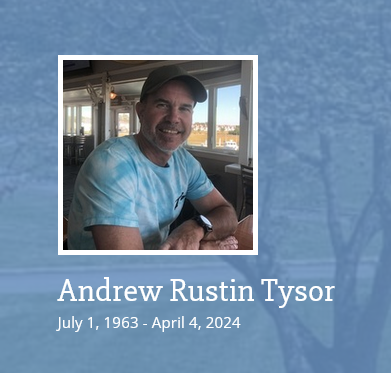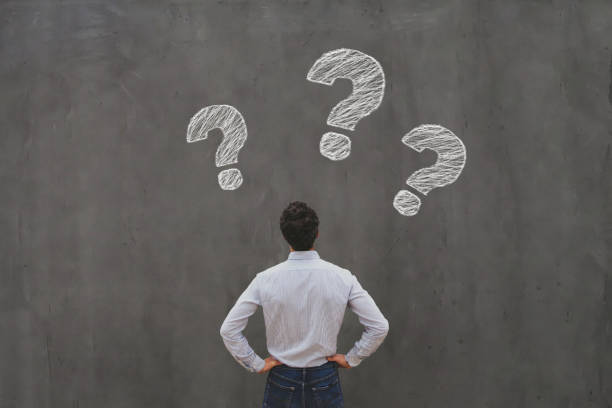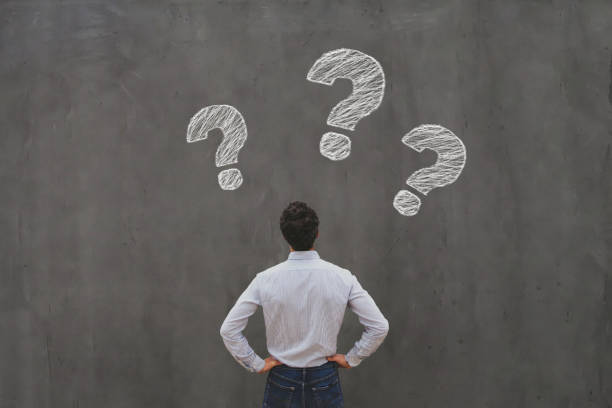I imagine it’s a question quite a few of you folks ask yourselves. I have to admit that I ask the question myself more regularly as I age.
When I was a cop, I had a reputation of staying calm in life threatening emergencies. I’ve been retired almost four years now. Since my retirement, my life has been pretty mellow. No emergency responses. No death-defying travel experiences. No physical fights beyond consensual combatives training sessions. I haven’t drawn my gun on a single person since I retired the badge.
I occasionally wonder if I’m still any good at all that stuff after not doing it for so long.
Unfortunately, I got a chance to see last Thursday.
I had just arrived in Dallas to teach at the annual Rangemaster Tactical Conference. It was the evening before the conference was set to begin. Students and instructors were gathering in the host hotel bar area for a “meet and greet” before the event. I was talking with some friends when I heard a commotion and someone yelling “call 911!”
I looked over towards the bar area and saw my friend Jonathan Willis (retired paramedic and instructor for Gunset Training) positioning an unconscious man on the floor and starting CPR. Dr. Sherman House (The Civilian Defender) and Caleb Causey from Lone Star Medics were assisting. I moved to help and was quickly joined by retired ER physician and SWAT medic Dr. Troy Miller. The unconscious man had no pulse and no respirations.
Jonathan and the docs were running the code so I verified 911 had been called and assisted them with rolling the patient to his side in order to clear his airway when the unconscious man (who had been eating immediately before his medical emergency) regurgitated during the CPR process. After a few minutes of work, I relieved Jonathan and began doing chest compressions as Doc Miller performed rescue breathing.
After a couple more minutes I found the patient had a strong carotid pulse along with some shallow respirations. We halted CPR and Jonathan inserted a nasopharyngeal airway. We continued to monitor the patient until the paramedics arrived. I’ve done CPR quite a bit in my past police career. I only remember one other occasion where we got a pulse back on the scene without an AED or defibrillator. Turning him over to the medics alive and breathing is statistically quite rare.
As a side note, I understand that several folks ran to the front desk of the hotel/conference center to ask where the AED was. The front desk response was reportedly “I’ll have to call engineering and see if we have one.” Completely unsatisfactory.
Scotty Cronin from Gunset had to run to Jonathan’s vehicle to get Jonathan’s personal AED machine because the conference center didn’t have one. By the time the AED arrived, the patient had a strong pulse and was breathing on his own. The medics were pulling up to the front curb. The medics took over before we were able to deploy the AED, but it would have been extremely useful had the response time been longer.
We found that our patient was Andrew “Rusty” Tysor, a long time student of Apache Solutions. He was a first time attendee at our conference. Unfortunately, he passed away a couple hours later at the hospital.
I only played a small role in Rusty’s resuscitation, but I felt good about my performance in the crisis. I didn’t have an adrenaline dump and stayed calm through the whole incident. I don’t think my pulse got much over 100 beats per minute. I noted that all the folks who assisted stayed equally calm. I expected that from the crew who provided aid. Everyone there had been in that situation before and knew exactly what to do.
What’s interesting is that everyone helping out with the exception of Dr. House had been retired from emergency service for at least several years. It didn’t seem to matter. They all remained completely composed and there didn’t appear to be any significant performance degradation. Everyone knew what had to be done and calmly jumped in to take care of business.
I spoke to a lot of the students who witnessed our resuscitation efforts. All of them noted how calm everyone remained and how quickly all the rescuers jumped into action. Several folks asked how everyone was able to function together with relative calm and precision during the crisis.
Some performance research (often discussed by John Hearne) indicates that a few factors seem to correlate into superior performance under stress. In speaking with the other rescuers after the incident, everyone noted these two issues:
Minimization of Novel Stimuli- We statistically don’t do very well when we encounter something we haven’t seen before. All of us had performed CPR on other people in the past. I did it around 20 times in my police career and I was the least medically experienced rescuer there. Everyone else had done CPR on between dozens and thousands of previous cardiac arrest cases.
The event simply wasn’t novel for any of us. That makes it pretty easy to stay calm, even in a crisis.
Over learning– The more or better training that someone gets allows them to more effectively myelinate motor pathways for smoother recall under stress. I first learned to do CPR at age 12. I got refresher training as a boy scout and during several jobs I had as a college student. After I became a cop, we re-certified in CPR every other year for my entire 25 year career. I’ve probably taken the basic CPR provider class about 15 times in my life. Undoubtedly all the other rescuers had even more training on the topic than I did. That kind of “over learning” virtually guarantees success in many difficult situations.
Not everyone trying to perform well in crisis situations will have the luxury of working as an emergency responder, getting the opportunity to manage stress and chaos on a daily basis. If you want to become a better performer under stress, I would urge you to minimize novelty and “over learn” critical skills.
Practice doing hard things that get your adrenaline up. Expose yourself to as many chaotic situations as possible to reduce novelty. Mentally rehearse how you might respond to stressful chaotic incidents so that when those events happen you have a “mental map” of how you would like to perform. When you identify a skill that is required for superior performance, train and drill that skill until you cannot fail. Then go find another skill to “over learn.”
Special thanks to all the folks who assisted in the resuscitation, including those I didn’t mention who ran for supplies, called 911, and assisted us with positioning and moving the patient. I can only hope to have you all by my side should I experience a similar medical emergency.
R.I.P. Rusty.
https://www.elkinfuneralservice.com/obituary/andrew-tysor











